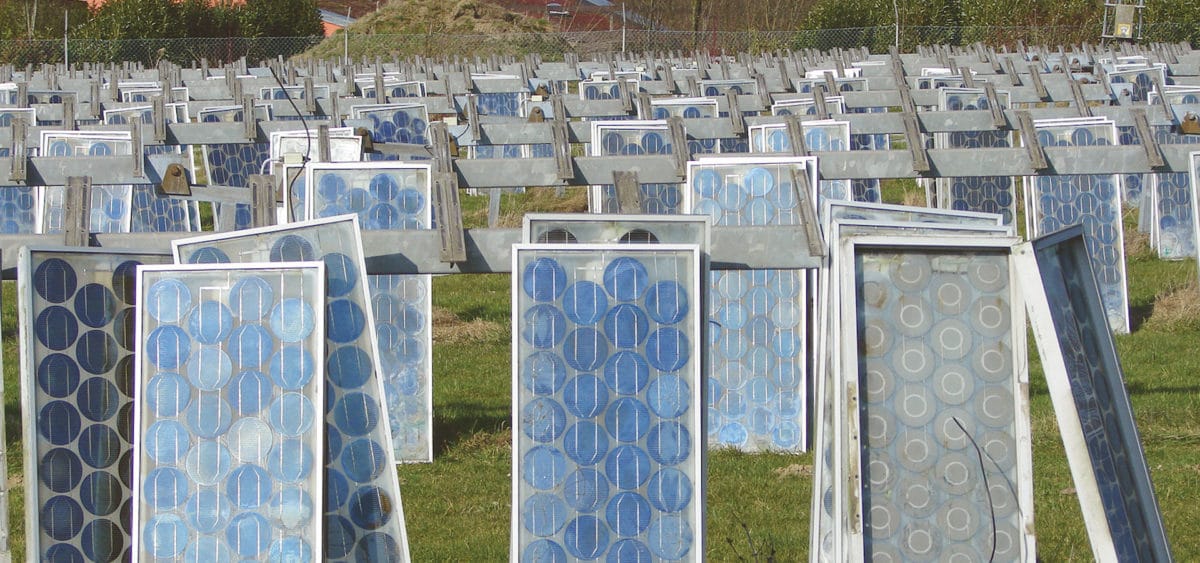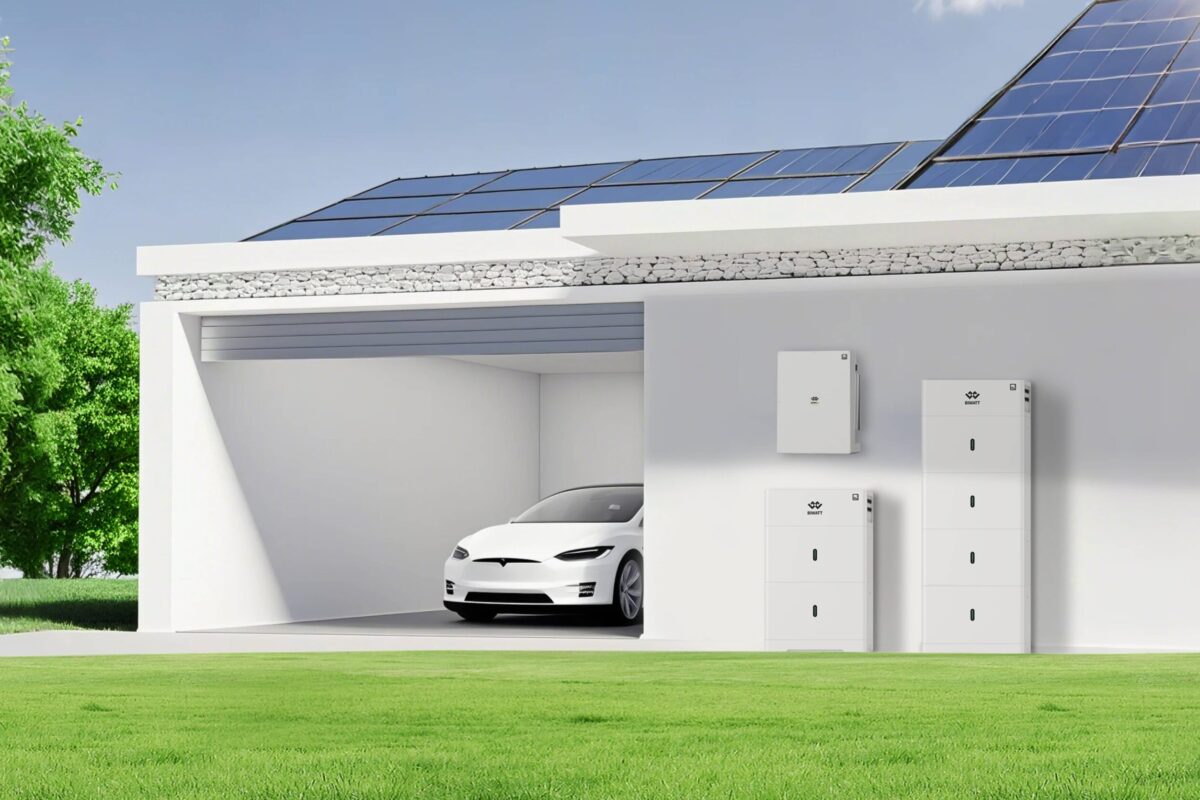From pv magazine India
A new report, backed by the Indian government, says that solar panel producers (instead of end owners) should be held accountable for PV waste.
The “PV Waste Management in India” report was prepared as part of an EU-India technical cooperation project on renewable energy and energy efficiency in India, with the support of the country's Ministry of New and Renewable Energy (MNRE). The National Solar Energy Federation of India and SolarPower Europe, along with European recycling association PV Cycle, also contributed to the report. It makes recommendations based on experience with extended producer responsibility policy approaches for PV modules in several European countries.
PV modules and inverters are not currently covered by the Indian E-Waste (Management and Handling) Rules, as such rules only apply to (i) information technology and telecom equipment and (ii) consumer electrical and electronics products. PV modules and inverters are not listed in these electrical and electronic equipment categories.
The report recommends creating legislation for PV modules in India, separately from its e-waste rules. Such a law could make producers responsible for PV modules and other PV system products, such as inverters and batteries.
The report said that PV waste collection is currently insignificant in India, given that solar PV modules generally last 30 years or longer. It also noted that the nation installed just 570,000 tons of PV modules before the end of 2016. Most PV modules – 2,175,000 tons – were installed in the 2017-19 period.
To continue reading, please visit our pv magazine India website.
This content is protected by copyright and may not be reused. If you want to cooperate with us and would like to reuse some of our content, please contact: editors@pv-magazine.com.




By submitting this form you agree to pv magazine using your data for the purposes of publishing your comment.
Your personal data will only be disclosed or otherwise transmitted to third parties for the purposes of spam filtering or if this is necessary for technical maintenance of the website. Any other transfer to third parties will not take place unless this is justified on the basis of applicable data protection regulations or if pv magazine is legally obliged to do so.
You may revoke this consent at any time with effect for the future, in which case your personal data will be deleted immediately. Otherwise, your data will be deleted if pv magazine has processed your request or the purpose of data storage is fulfilled.
Further information on data privacy can be found in our Data Protection Policy.